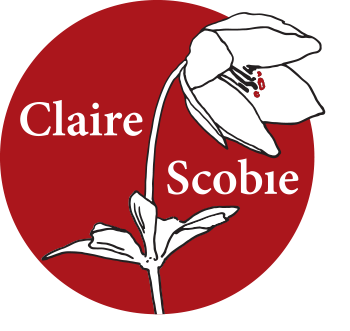05 Sep Meeting the Bookwallahs
Yesterday I met 4 writers – two Indian & two Australian – who were part of the 2012 Bookwallah tour, Asialink Arts’ roving international writers festival through India. This amazing literary tour covered 4000-km by train, beginning in Mumbai and ending in Pondicherry in Tamil Nadu. They did not travel light.

The Bookwallahs: l to r, Chandrahas Choudhury, Annie Zaidi, Benjamin Law & Kirsty Murray
Their luggage was 300 kilos of Australian books housed in a bespoke pop-up library made from kangaroo leather. By the end of the 3-week tour all the books were donated to libraries and universities en route. The writers had formed firm friendships and (hopefully) enduring cross-cultural links between the two countries were established.
I caught up with them at the University of Western Sydney as the Bookwallahs are now travelling through Australia – by train. Last week they were in Melbourne at the Writers’ Festival before a pit stop in Sydney and this weekend they appear at the Brisbane Writers’ Festival. Catch them if you can.
The Bookwallah participants include Australian writers Benjamin Law (A Family Law, Gaysia) and Kirsty Murray (India Dark + lots of YA fiction), as well as Indian writers Annie Zaidi (The Bad Boy’s Guide To The Good Indian Girl, Love Stories # 1 to 14) and novelist Chandrahas Choudhury, editor of India: A Traveller’s Literary Companion.
Aside from talking about the rich and often hilarious experience of the tour, they also showed a 30-minute documentary which I hope will air on television and was shown at the Melbourne Writers’ Festival (MWF).
The vision
What struck me was the vision of their tour – and the logistics. They travelled in 3rd class with their books in a separate compartment at the end of the train. At their first stop the leather-bound bookcases smelled decidedly fishy: they’d been sandwiched next to fish packed in ice and the ice melted. From then on the books travelled by car. When the writers arrived in Bangalore, their books didn’t make it until after the events had finished. No matter, the portable library was set up outside in the dark.
The motto when things went wrong – and they did – was: ‘If all else fails … drink chai.’ A very good answer to almost any problem.
Despite the close proximity of their sleeping, eating and reading arrangements, the Bookwallahs did not fall out. They all mucked in and by the end were sad to say goodbye. The camaraderie was palpable during their talk. If they couldn’t quite finish each other’s sentences, they were pretty close.
The Australian writers talked about their misperceptions of India – dirty, poverty-striken. The Indian writers admitted how little they knew about Australia or Australian literature. And this gulf is exactly why the tour was created: so literature can knit together where politics cannot.
Annie Zaidi described how she grew up knowing the song ‘Kookaburra sits on the old gum tree’ but thought ‘the kookaburra was a mythical creature. How could I know it was a bird when birds don’t laugh?’
Now that the two Indian writers are on Australian soil, they say they feel very welcome. But what about Aussie trains? ‘In Australia a notice says you are only allowed two drinks an hour on the train,’ said Chandrahas Choudhury. ‘Over 15 hours that’s a lot of drinks. In India no alcohol is served – but we have chai instead.’
A list of essential Indian reading will be posted on the MWF website next week thanks to Annie & Chandrahas. Look out for it and in the meantime – drink chai.
